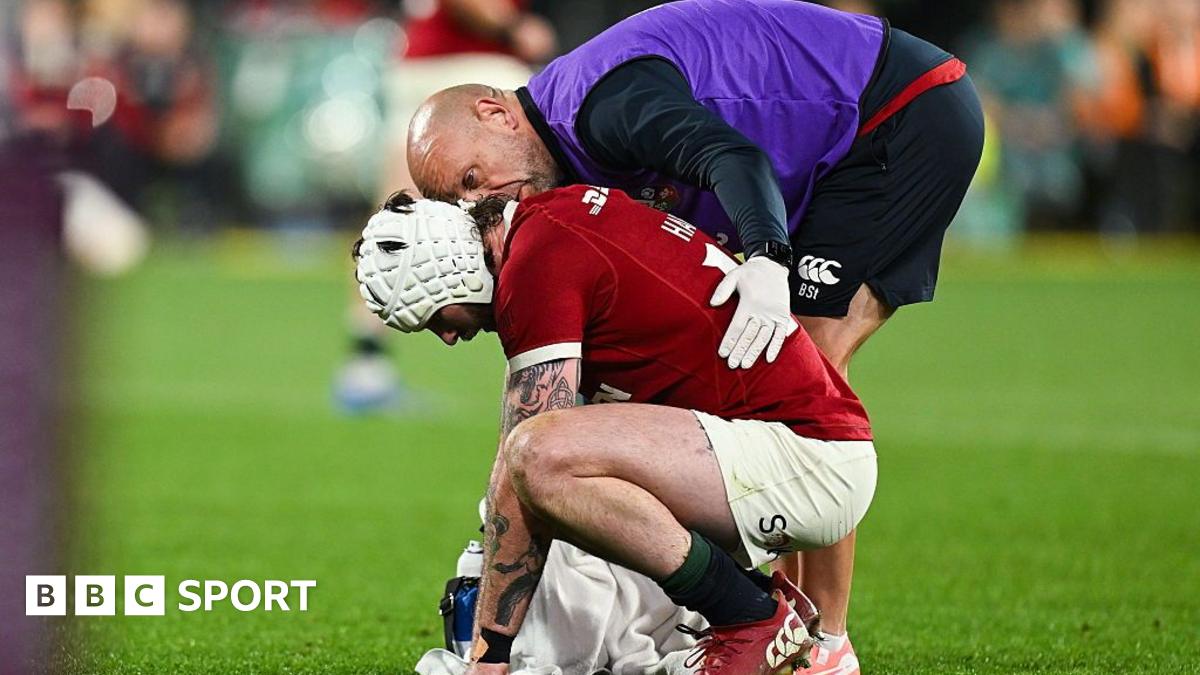The Albanese government’s move to tax unrealised gains on super balances over $3 million has triggered a flurry of research into possible exit strategies. But pulling money out of super isn’t the simple solution some might hope – it often leads straight into a 30 per cent tax trap, potentially leaving you worse off than if you’d stayed put.
The main alternatives being discussed include shifting funds to a family trust, where income can be split among beneficiaries. But the tax-free threshold is just $18,200, and the 30 per cent rate kicks in at $45,000 – hardly generous.

The newly proposed $3 million super tax has prompted a flurry of action from investors looking for ways around it. But there’s only one option worth considering.Credit: Marija Ercegovac
Others suggest transferring funds to a company, where the flat tax is 30 per cent, or holding them in personal names, which typically attracts a marginal rate of at least 30 per cent. None of these options offer the tax advantages that super still provides.
One option now getting renewed attention is the investment bond. These are not new, but in the current environment, they deserve another look. Just keep in mind they are not a panacea, and expert advice should be taken before you decide to move money from superannuation into one.
In many ways, investment bonds resemble super. The investment fund pays tax on behalf of the investor, so there’s no income to report in your personal return. But there are key differences. Super funds pay tax at 15 per cent, investment bonds at 30 per cent.
Super contributions are tightly capped, and your money is locked away until age 60. With investment bonds, there’s no limit on contributions, and your funds are accessible at any time.
Investment bonds offer simplicity, flexibility, and protection, and can be a valuable option for investors over 60.
This does mean that, all things being equal, investment bonds will produce a slightly lower after-tax return than superannuation – particularly where the underlying asset mix is the same. But for many investors, that’s a trade-off worth making in exchange for the flexibility and estate-planning advantages they offer.
A common misunderstanding is that investment bonds lock your money away for 10 years. That’s not the case. You can withdraw your money at any time. If you do so within 10 years, the earnings are taxed at your marginal rate, but you receive a 30 per cent offset for the tax already paid by the fund. After 10 years, all withdrawals are tax-free.
This makes them attractive for retirees or those approaching retirement. A person expecting a low income in future years could benefit from accessing the funds before 10 years, especially if they drop into a lower tax bracket. Flexibility is the key.
Loading
Estate planning is another area where investment bonds shine. As they are technically life insurance policies, they sit outside your will and are paid directly to nominated beneficiaries. This means they cannot be challenged and are paid without the delays of probate.
Take Harry, aged 80. He’s wealthy, remarried after a messy divorce, and wants to leave funds to children from both marriages. Fearing conflict, he invests $250,000 into five separate investment bonds, each naming a different child as beneficiary. Because the bonds are life policies, they bypass his will, are immune from legal challenge, and each child receives their inheritance directly.
Investment bonds are also ideal for grandparents wanting to invest for grandchildren. Distributions to minors usually attract punitive tax, with rates up to 66 per cent. An investment bond sidesteps this entirely.
For example, grandparents might invest $10,000 into a Child Advancement Bond in the name of the child’s parent. The child is listed as life insured, and a vesting age – say 21 – is nominated.
Until that age is reached, the parent retains full control of the investment, including the power to change the vesting age. If the bond is held for 10 years, the child can receive the funds tax-free. There’s no annual income to declare, no capital gains tax on transfer, and complete flexibility in timing.
This structure gives parents and grandparents the ability to provide for a child’s future – education, first car, home deposit – without handing over the funds too early or triggering tax consequences.
In short, investment bonds offer simplicity, flexibility, and protection. For investors over 60 with super balances above $3 million, they can be a valuable complement – or alternative – to superannuation.
While returns may be slightly lower due to the higher internal tax rate, the trade-offs – accessibility, control, and estate planning certainty – make them well worth considering.
Noel Whittaker is the author of Retirement Made Simple and other books on personal finance. Questions to: [email protected]
- Advice given in this article is general in nature and is not intended to influence readers’ decisions about investing or financial products. They should always seek their own professional advice that takes into account their own personal circumstances before making any financial decisions.
Expert tips on how to save, invest and make the most of your money delivered to your inbox every Sunday. Sign up for our Real Money newsletter.
Most Viewed in Money
Loading


















































